India’s indirect tax system was streamlined by introducing the Goods and Services Tax (GST), a comprehensive, multi-stage, destination-based tax system. Businesses must file their GST returns on time to maintain compliance and prevent issues. Many businesses continue to put off filing their GST returns despite its importance, which can have several negative effects. This article will address seven key factors. If you want to complete GST Filing Online or GST Return Filing Online, contact Eazy Startups.
Let’s dive into the detailed discussion:-
1. Avoidance of Penalties and Fines
2. Smooth Input Tax Credit (ITC) Claims
3. Enhanced Business Reputation
4. Smooth Business Processes
5. Prevention of Legal Complications
6. Better Control of Cash Flow
7. Building Trust with Tax Authorities
Avoidance of Penalties and Fines:
The main motivation for filing GST returns on time is to avoid trouble with fines and interest. The GST statute requires a late fee for any delay in filing returns. The business penalty is ₹20 per day for NIL returns and ₹50 per day for each late GSTR-3B filing (₹25 for CGST and SGST). While this may not seem like much, over time, it can greatly affect a company’s financial situation.
Smooth Input Tax Credit (ITC) Claims:
GST filings must be filed on time to receive the Input Tax Credit (ITC), which lowers a business’s overall tax burden. Only when the relevant suppliers submit their GST filings on time can the ITC be accessed. Businesses that wait may find it more difficult to qualify for the ITC, which could result in cash flow issues and higher expenses. Regular filing also maintains financial stability and ensures a smooth credit flow.
Enhanced Business Reputation:
In addition to being required by law, compliance improves a company’s credibility and reputation. A company appears more reputable and trustworthy when its GST returns are filed on time and consistently, which attracts partners, investors, and other stakeholders. In the long run, a bad compliance history can hurt a company’s ability to thrive and damage its reputation.
Smooth Business Processes:
Filing GST returns on time guarantees smooth business operations free from unforeseen legal or financial complications. Delay in filing may disrupt regular operations with notices from tax authorities, audits, and investigations. Remaining compliant frees organizations to concentrate on their main tasks and long-term planning rather than managing compliance-related concerns.
Prevention of Legal Complications:
Strict compliance requirements support the GST regime. Legal ramifications from late filing include suspension of GST registration, limitations on filing additional returns, and, in extreme circumstances, prosecution. If a business fails to file its returns within the allotted time, it may also be difficult for them to correct problems. Thus, prompt filing aids in avoiding such legal issues.
Better Control of Cash Flow:
Cash flow is a vital component for organizations. The timely filing of GST returns reduces needless interest and late fees, enhancing cash flow management. Additionally, it guarantees that companies get their qualified refunds on time. It can greatly increase working capital, which can then be used for expansion or business operations.
Building Trust with Tax Authorities:
Building confidence with tax officials is crucial for firms. Filing GST returns on time lowers the likelihood of government inspections or audits and builds a favorable compliance history. Maintaining a strong compliance record helps streamline future transactions, such as loan or tender applications, and also avoids repeated evaluations. Companies with a spotless record benefit from the perception that they are low-risk organizations.
Conclusion
In addition to being required by law, completing GST returns on time is a smart step for companies looking to expand and thrive. It assists in avoiding fines, makes ITC claims easier, preserves the company’s reputation, and averts legal issues. Additionally, it guarantees smooth corporate operations, enhances cash flow management, and fosters confidence with tax authorities. If you want to complete GST Filing Online or GST Return Filing Online, contact Eazy Startups.

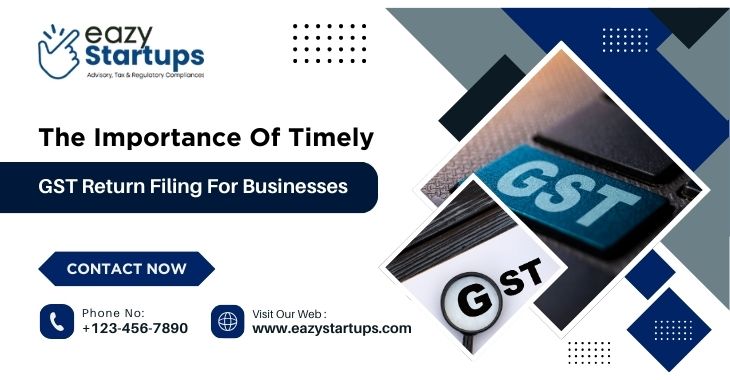

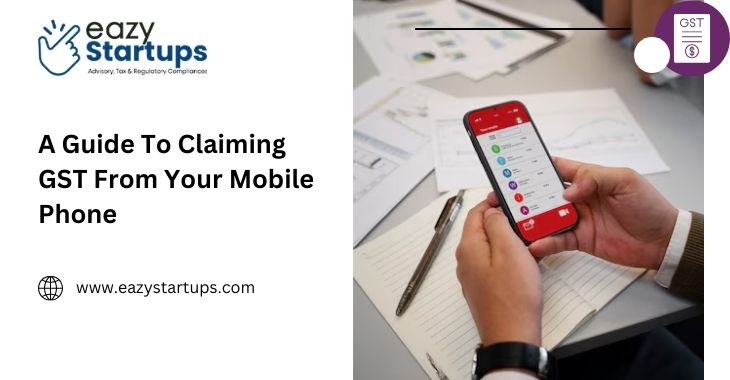



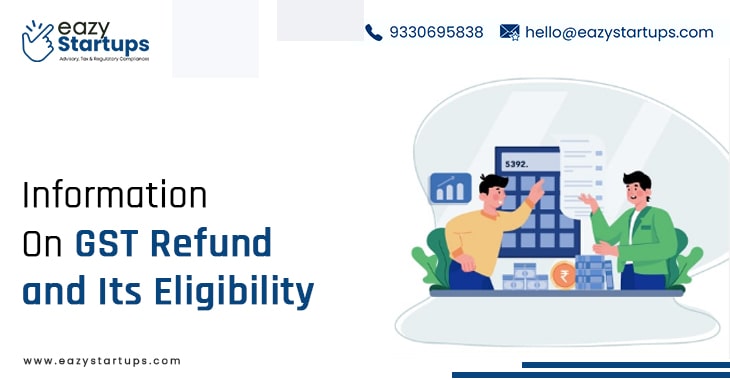

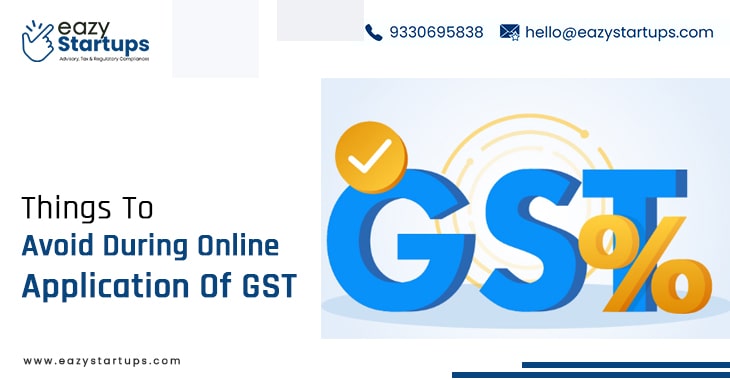
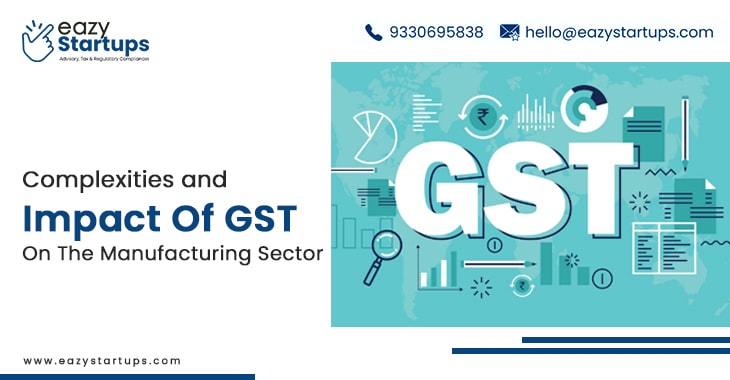
Recent Comments